History’s most effective weapon never killed anyone…
Yet it toppled empires, crushed civilizations, and is destroying us right now.
The French revolutionaries discovered it.
The Soviets perfected it.
And for the past decade, we’ve been drowning in it... 🧵
Yet it toppled empires, crushed civilizations, and is destroying us right now.
The French revolutionaries discovered it.
The Soviets perfected it.
And for the past decade, we’ve been drowning in it... 🧵
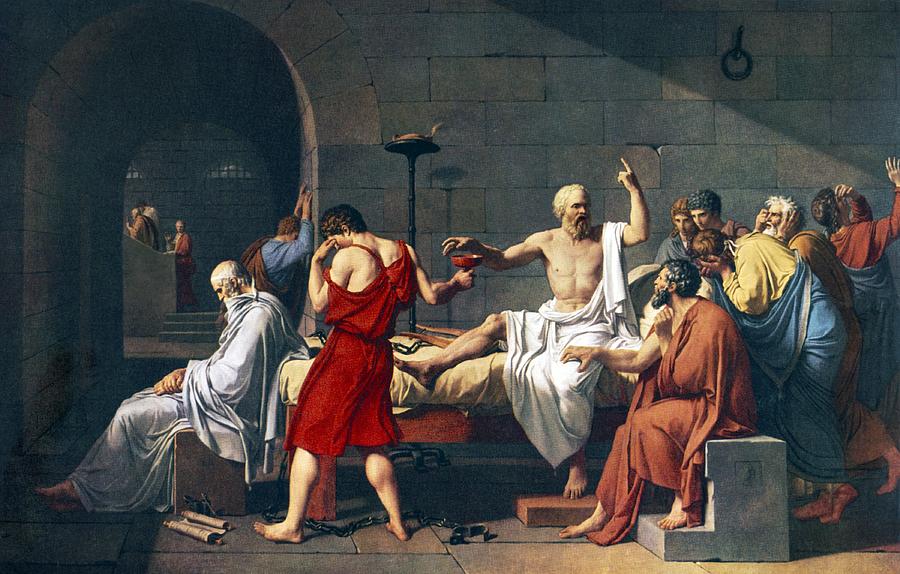
“Demoralization” is the weapon of choice for revolutionaries.
Their ambition?
Break the will of the mighty without direct conflict (spiritual warfare).
Their method?
Make the strong doubt their own strength (disillusionment).
The result?
The undefeatable become self-defeated.
Their ambition?
Break the will of the mighty without direct conflict (spiritual warfare).
Their method?
Make the strong doubt their own strength (disillusionment).
The result?
The undefeatable become self-defeated.
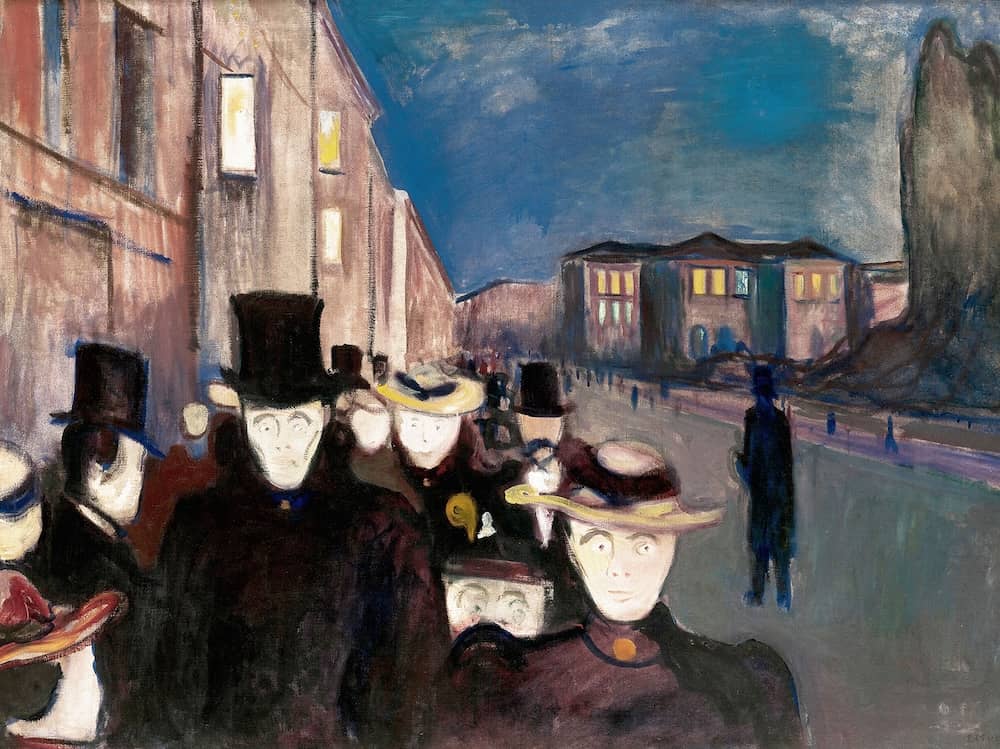
What essential power do they seek to extinguish?
Moralis (Latin): relating to character, conduct, custom, and mores.
Why?
Because mores are your guiding star to excellence.
It anchors your sense of honor, focuses your purpose, and grounds your judgment.
Without it, you're a ship without a compass, your willpower becomes aimless, scattered to the winds.
Demoralization is designed to strip the heroic of their moral compass — An assault against the spirit of man that ungrounds him from his self-understanding and higher purpose.
Moralis (Latin): relating to character, conduct, custom, and mores.
Why?
Because mores are your guiding star to excellence.
It anchors your sense of honor, focuses your purpose, and grounds your judgment.
Without it, you're a ship without a compass, your willpower becomes aimless, scattered to the winds.
Demoralization is designed to strip the heroic of their moral compass — An assault against the spirit of man that ungrounds him from his self-understanding and higher purpose.
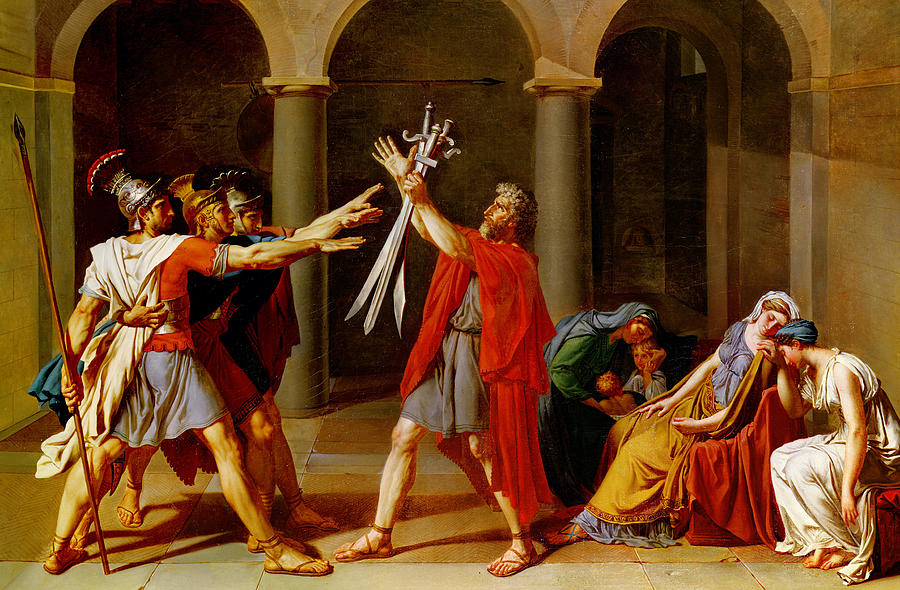
What’s the forgotten truth about achieving excellence?
History reveals a simple but unrealized truth:
It’s not just about how skilled you are.
Technical mastery alone creates a craftsman.
But mores + skill creates legendary excellence.
Why?
Because mores are the essential ingredient that guides the pursuit of perfection.
Excellence flows from an inner flame, not just from the desire to perfect technique alone.
That’s why history’s greatest leaders had sacred rituals to protect their psychological edge.
They knew demoralization was more dangerous than any enemy.
History reveals a simple but unrealized truth:
It’s not just about how skilled you are.
Technical mastery alone creates a craftsman.
But mores + skill creates legendary excellence.
Why?
Because mores are the essential ingredient that guides the pursuit of perfection.
Excellence flows from an inner flame, not just from the desire to perfect technique alone.
That’s why history’s greatest leaders had sacred rituals to protect their psychological edge.
They knew demoralization was more dangerous than any enemy.
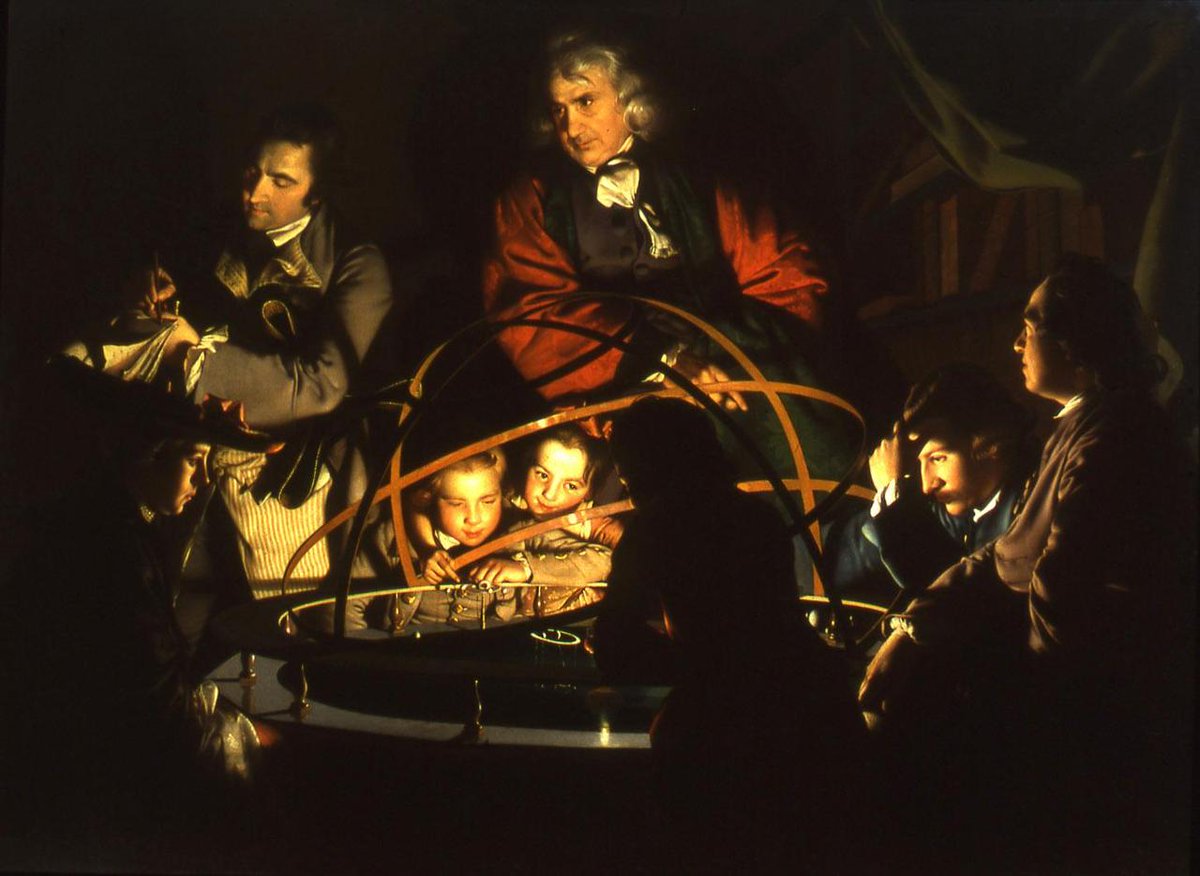
What are the signs of mass demoralization today?
• Elite educational institutions crumbling at their core purpose
• Professional standards falling from “excellence” to “good enough for your lifestyle”
• Leaders choosing popular decisions over righteous ones
• The exceptional becoming “problematic”, the mediocre becoming the norm
• Necessary competence disappearing from high-stakes leadership roles
• Elite educational institutions crumbling at their core purpose
• Professional standards falling from “excellence” to “good enough for your lifestyle”
• Leaders choosing popular decisions over righteous ones
• The exceptional becoming “problematic”, the mediocre becoming the norm
• Necessary competence disappearing from high-stakes leadership roles
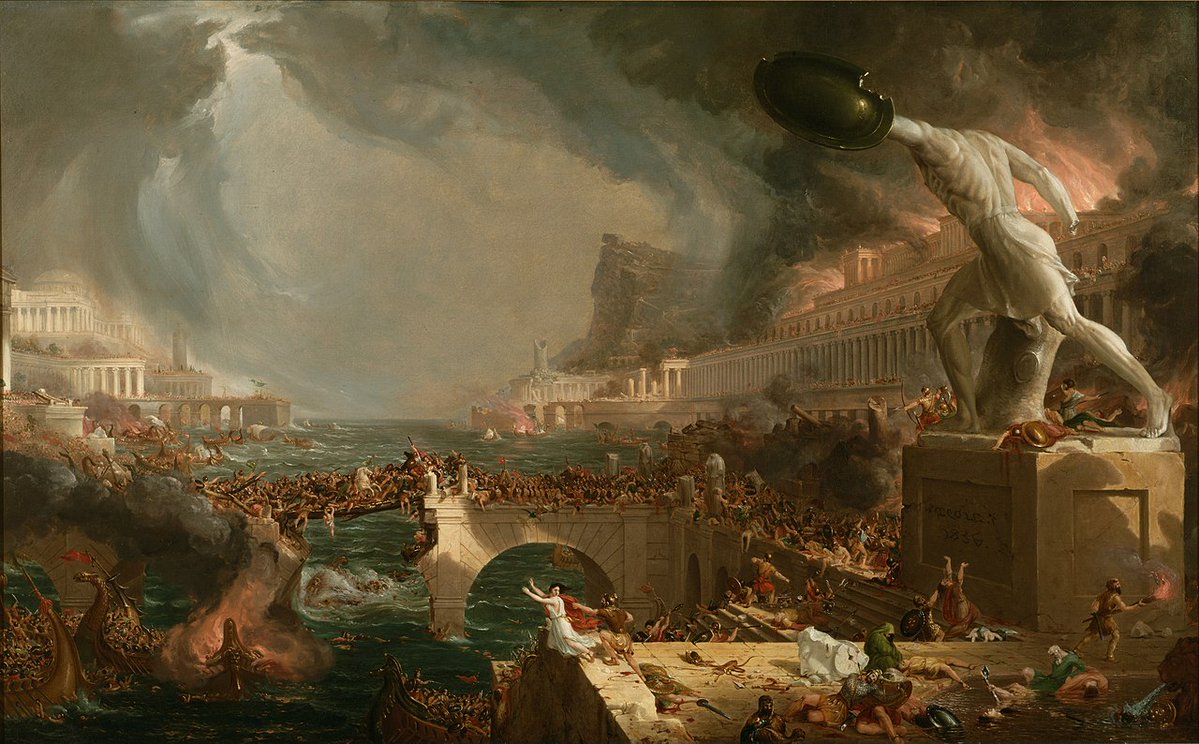
What was Napoleon’s secret weapon?
He carried Plutarch’s works even on his campaigns in Egypt.
Plutarch was a his moral compass, a constant reminder of excellence.
His contemporaries said “he lived out of Plutarch’s pages.”
Pasquale Paoli remarked, “There is nothing modern in you; you are entirely out of Plutarch.”
Napoleon didn’t read for tactics, he read Plutarch to absorb the spirit of greatness.
He carried Plutarch’s works even on his campaigns in Egypt.
Plutarch was a his moral compass, a constant reminder of excellence.
His contemporaries said “he lived out of Plutarch’s pages.”
Pasquale Paoli remarked, “There is nothing modern in you; you are entirely out of Plutarch.”
Napoleon didn’t read for tactics, he read Plutarch to absorb the spirit of greatness.

But modern education does the opposite of what the greats (like Napoleon) did:
It inverts the classical education model, confusing the morale of the youth through demoralization:
• “Be critical,” but never inspired
• Question heroes, but never emulate them
• Dismiss greatness as an unjust privilege
• Treat excellence with suspicion, distrust, and identity politics
It inverts the classical education model, confusing the morale of the youth through demoralization:
• “Be critical,” but never inspired
• Question heroes, but never emulate them
• Dismiss greatness as an unjust privilege
• Treat excellence with suspicion, distrust, and identity politics
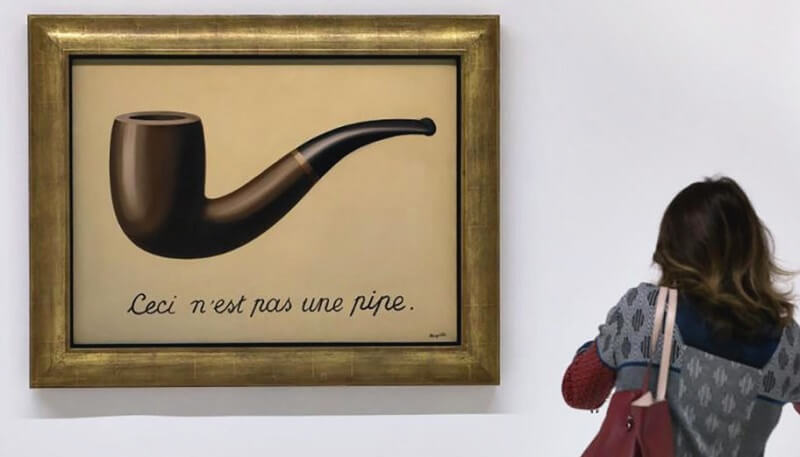
The devastating result:
• A generation trained to doubt
• Heroes viewed with skepticism
• Excellence seen as “over the top”
• Greatness treated as suspicious
• A generation trained to doubt
• Heroes viewed with skepticism
• Excellence seen as “over the top”
• Greatness treated as suspicious

The solution is ancient:
• Study greatness unapologetically
• Let yourself be inspired
• Emulate the principles of excellence from the past
• Rebuild your spirit with inspiration
• Study greatness unapologetically
• Let yourself be inspired
• Emulate the principles of excellence from the past
• Rebuild your spirit with inspiration
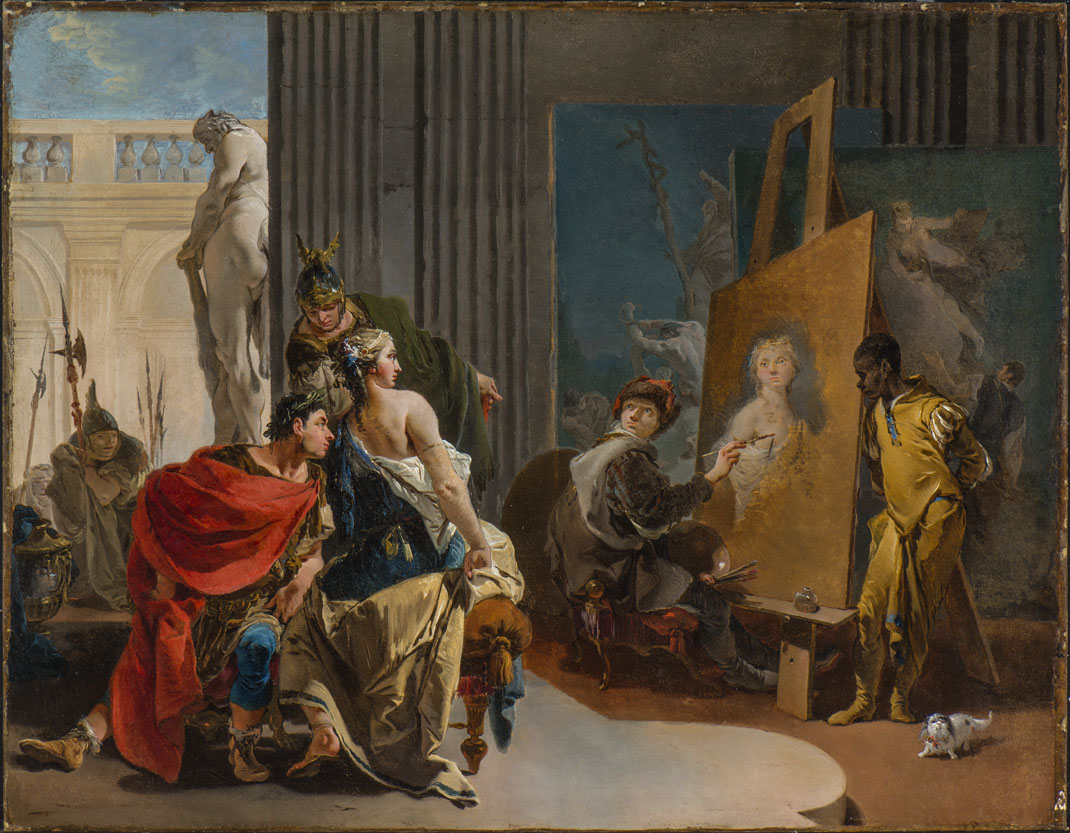
Remember:
• A demoralized society can’t compete
• A cynical culture can’t create
• A suspicious mind can’t soar
• A doubting spirit can’t achieve
• A demoralized society can’t compete
• A cynical culture can’t create
• A suspicious mind can’t soar
• A doubting spirit can’t achieve
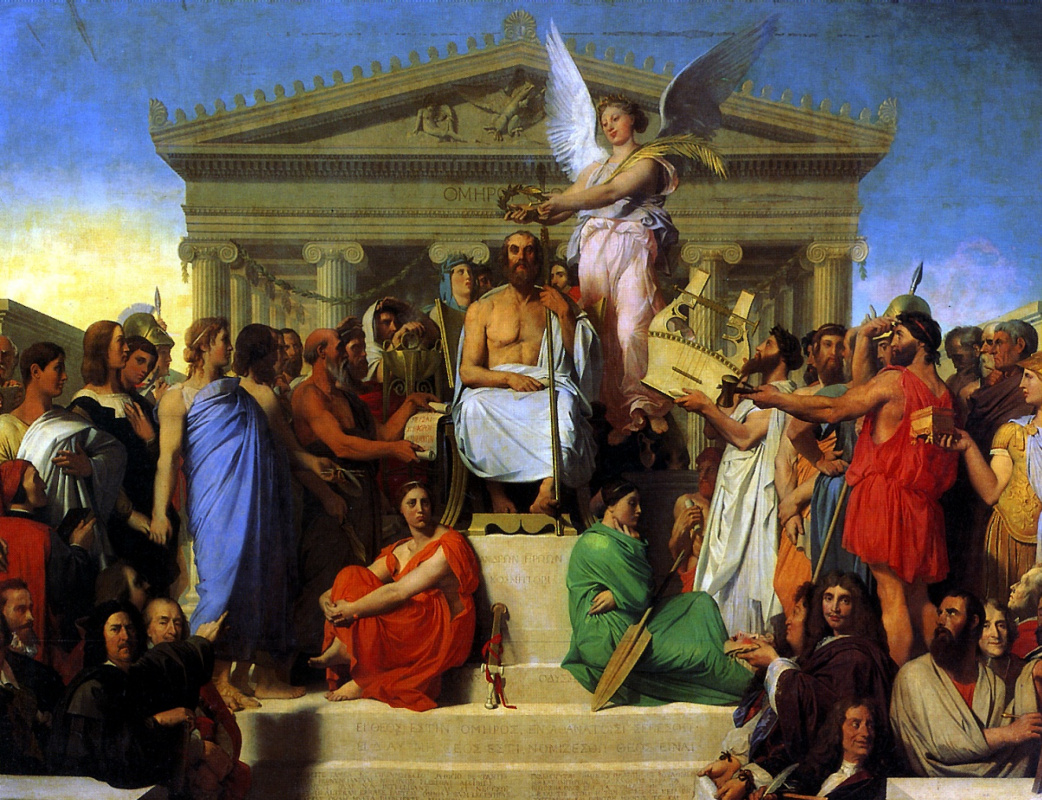
If you like this tweet, I curate this exclusive newsletter on the lessons of glory and power:
• Discover Plutarch's forgotten insights on leadership
• Access exclusive transcripts with maps and images
• Join a community exploring the classical world
Become a subscriber here: costofglory.substack.com
• Discover Plutarch's forgotten insights on leadership
• Access exclusive transcripts with maps and images
• Join a community exploring the classical world
Become a subscriber here: costofglory.substack.com
• • •
Missing some Tweet in this thread? You can try to
force a refresh





















